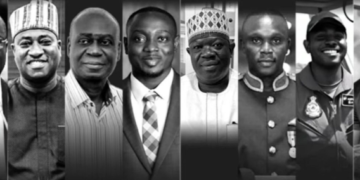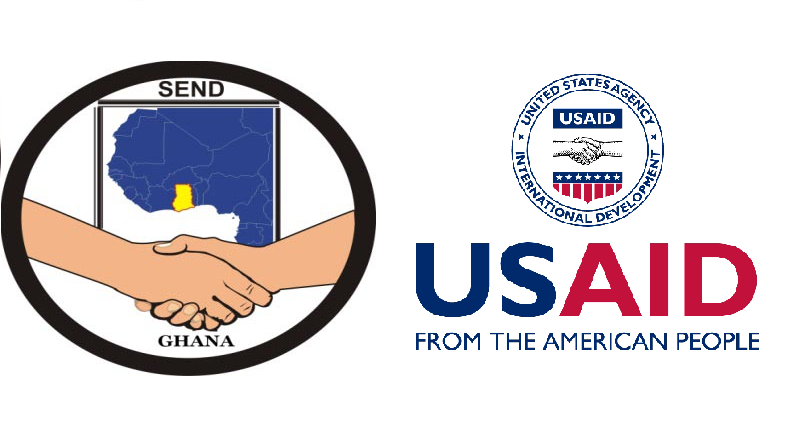SEND-Ghana, a civil society organization, has indicated that corruption in Ghana was still rife and was affecting the socio-economic development of the country, and that urgent steps were needed to address the canker.
Mr John Nkaw, Northern Region Programmes Manager of SEND-Ghana, who made the observation said the country continued to perform poorly in the various anti-corruption surveys conducted by anti-corruption campaigners, which deepened the perception that corruption was rooted in the Ghanaian society.
Mr Nkaw was addressing a training workshop for citizen groups on anti-corruption in Tamale, with financial support from the United States Agency for International Development (USAID).
The objective of the workshop was to increase advocacy by civil society for legislative change relating to accountability and increased documentation and exposure of corruption through civil society reporting mechanisms.
The workshop, which was part of activities of the Ghana Integrity Initiative’s consortium project, also aimed at building civil society capacities, and empowering citizens to hold institutions accountable in the execution of their mandate.
Mr Nkaw alleged that due to corruption, many companies and organizations have had to increase the cost of projects and services to make ends meet, saying, “many organizations have to pay bribes to get contracts and this increases the cost of the final products and services”.
He pointed out that investor-confidence had eroded, because of the perceived corruption in Ghana, stressing that there was the need to tackle corruption effectively in order to build investor-confidence to regain the needed economic benefits.
Mr Nantomah Adam Baani, Northern Region Anti-Corruption Focal Person for the Commission on Human Rights and Administrative Justice (CHRAJ), lamented that due to corruption allegations against CHRAJ, their major donor had withdrawn its support.
He said the Danish International Development Agency (DANIDA), which is the major donor of CHRAJ, had withdrawn its support to the Commission, thereby creating financial difficulties for the Commission.
Mr Baani stressed the need for the passage of the Right to Information Bill, to complement the Whistle Blower’s Act, to help fight corruption in the country.
Alhaji Abdul-Razak Saani, Northern Regional Director of the National Commission for Civic Education (NCCE), said citizens must be proactive and assist in the fight against corruption, stressing that Ghanaians must depoliticize corruption.
“Citizens must begin to monitor implementation of public projects, because we have the right and responsibility to know it,” he said, and stressed that people must raise their voices against corrupt practices in the country.
GNA















